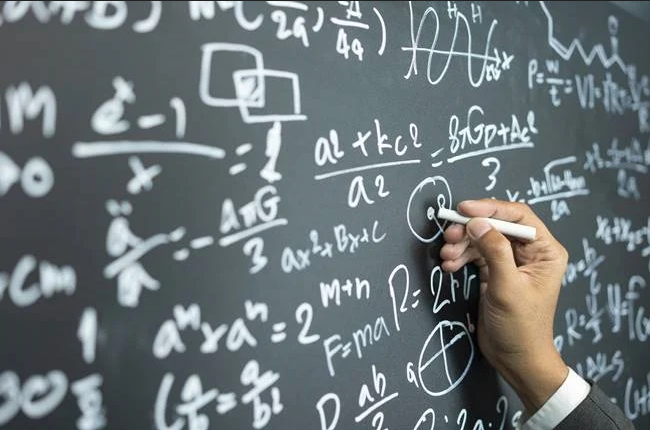

Inside Education Correspondent
Teaching mathematics in South Africa, like in many other countries, is a complex and multifaceted challenge, according to Yeshvira Brijlall, the Department Head (Acting) for Maths & Sciences at the University of KwaZulu Natal.
Speaking during a maths symposium at UKZN, Brijlall said the effectiveness of mathematics education is crucial not only for individual academic success but also for the overall development of the country.
“South Africa faces significant socio-economic disparities, and this is reflected in the education system. Many students come from disadvantaged backgrounds with limited access to resources, which can impact their learning experiences. At my school, we have learners from Grade R (pre-school) all the way to Grade 12 (Matric).
“Many of these learners’ stem from affluent backgrounds with a few learners coming in from the nearby informal settlements. Even though my school is relatively well-resourced, the learners are not all equal when they leave the school premises resulting in them still having unequal opportunities,” she said.
Brijlall said the learners have parents/caregivers who may not be able to offer these children support and guidance when it comes to homework and re-enforcement of skills.
As a result, these learners are often left behind as teachers check activities and move on with the syllabus in the interests of time constraints. Their school ran intervention programmes for at risk learners.
Citing language of instruction as a crucial factor, she said South Africa has multiple official languages (12 languages – inclusive of Sign Language), and the choice of language in which mathematics is taught can affect students’ understanding.
“It’s important to consider language barriers and ensure that students have a strong foundation in the language used for teaching.”
Remedial classes, literacy and numeracy programmes can increase understanding of the subject.
However, Brijlall noted that the quality of mathematics education depends heavily on the competence and commitment of teachers.
“Continuous professional development is essential to keep educators updated with the latest teaching methods and technologies. Additionally, addressing the shortage of qualified mathematics teachers remains a priority.”
INSIDE EDUCATION





